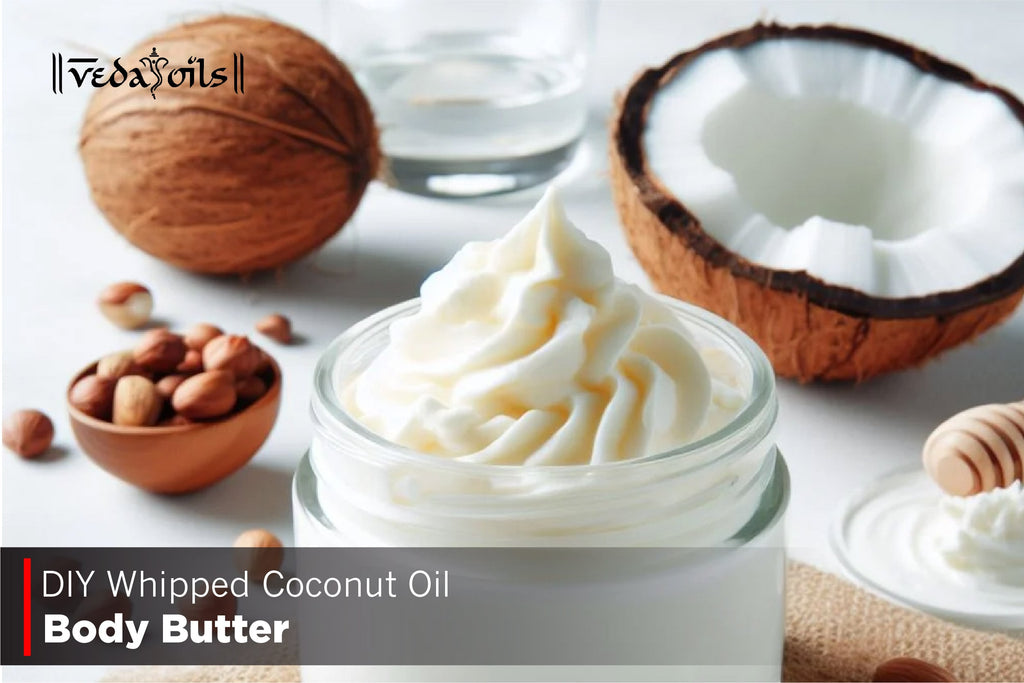Do you know that curry leaves can also treat grey and white hair aside from making our food taste better? Curry leaves oil for grey hair is an excellent way to keep hair moisturized and nourished and prevent hair loss.

Curry leaves also contain ingredients that promote longer, stronger hair. Proteins, vitamin B6, and beta carotene found in these leaves help to prevent hair thinning, strengthen the hair shaft, and improve the overall health of your hair. Learn all about this essential oil in this blog!
Curry Leaves Oil Benefits For Grey Hair
Curry leaves oil for grey hair is high in vitamins, minerals, proteins, and antioxidants, making it ideal for treating hair problems. This single ingredient can promote hair growth, reduce hair fall, prevent premature greying, add shine to your locks, and eliminate dandruff. So, let's take a closer look at the curry leaves oil benefits for hair.
1. Prevents Premature Greying: Curry leaves are the ultimate solution for premature greying of hair and provide essential nutrients to the scalp. This miraculous ingredient reduces hair hyperpigmentation and increases melanin production, giving your hair a darker appearance. Pollution, heat, and chemicals in hair care products cause ongoing damage to your hair. Curry leaves are high in antioxidants and alkaloids and aid hair repair.
2. Promotes Hair Growth: Curry leaves contain vitamins C and B, proteins, and antioxidants, all of which aid in cellular regeneration and promote healthy blood vessel circulation in the scalp. These properties promote hair growth and skin renewal while also improving scalp health. The ingredient, when applied topically, activates the hair follicles and promotes hair growth.
3. Controls Hair Loss: Curry leaves for hair are extremely beneficial because they are high in amino acids. The amino acids in these leaves help keep hair strong and shiny. Curry leaves are tall in nutrients, vitamins, and proteins, nourishing the scalp, strengthening hair follicles, and preventing hair loss. Calcium, iron, and phosphorus provide much-needed nourishment to your locks.
4. Clears Dandruff: Curry leaves oil for grey hair can also prevent and treat fungal, bacterial, and protozoal infections. As a result, curry leaves for hair can be used to get rid of dandruff. Curry leaves contain an oil that acts as a miracle elixir for scalp health. The antioxidant-rich oil feeds the scalp while exfoliating dead skin cells.
5. Fights Scalp Infections: Curry leaves are high in vitamin B5, which helps to strengthen hair from the roots. The vitamin also aids in the prevention of split end formation and breakage. Curry leaves have anti-fungal, anti-bacterial, and anti-inflammatory properties that promote a healthier scalp. They keep infections at bay and are suitable for people with sensitive scalps.
1. How to Use Curry Leaves Oil for Grey Hair
This curry leaves oil for grey hair recipe is ideal for effectively, as curry leaves add natural pigment to your hair, making it appear darker. Coconut oil, on the other hand, protects and moisturizes the hair and scalp.
Ingredients List:
- Curry Leaves - 10-12 Leaves
- Virgin Coconut Oil - 2 Tablespoons
- Curry Leaf Essential Oil - 4 Drops
Method:
Step 1: Melt two tablespoons of coconut oil in a saucepan. Add 10-12 curry leaves after turning off the heat.
Step 2: After 20 minutes, add four drops of curry leaf essential oil.
Step 3: Once the mixture has cooled sufficiently to touch, massage it into your hair and leave it on for 45 minutes to 2 hours.
Step 4: Thoroughly shampoo and rinse your hair.
Step 5: Do this once or twice a week.
2. How to Use Curry Leaves Oil for White Hair
This curry leaves oil for grey hair recipe can help treat premature white hair. This recipe moisturizes your hair, soothes and reduces infections, and increases melanin production to improve the colour of your hair.

Ingredients List:
- Curry Leaves Powder - ¼ Cup
- Yoghurt - ½ Cup
- Curry Leaf Essential Oil - 5 Drops
Method:
Step 1: Combine 1/4 cup curry leaves and 1/2 cup yoghurt to make a paste.
Step 2: Add five drops of curry leaf essential oil to the paste.
Step 3: Massage this paste into your hair and scalp for 30 minutes.
Step 4: Do this twice or three times a week.
Conclusion
Are you looking forward to using curry leaves in your next recipe? With antioxidants, proteins, and vitamins C and B, curry leaves are among the best home remedies. Curry leaves may improve the colour of your hair, make your scalp clearer, and make your hair shinier. VedaOils.com is on a mission to discover more recipes to enhance your hair, skin, and overall health.
Frequently Asked Questions (FAQ):
Q. Should You Apply Or Consume Curry Leaves For Healthy Hair?
Since curry leaves are highly antioxidants, they are an easy way to maintain overall hair health. Consuming it in various foods or applying it to hair oil or a hair mask can benefit your tresses.
Q. Why Does Hair Turns Grey?
The pigment cells in our hair follicles die as we age. When there are fewer pigment cells in a hair follicle, the strand of hair loses melanin and becomes a more transparent colour — such as grey, silver, or white — as it grows.
Q. How To Use Curry Leaves For Youthful Hair?
Curry leaves can be used in a variety of homemade hair-darkening recipes. For instant darker hair, mix ground curry leaves with hot coconut oil and apply as a hair mask.












 Sign in
Sign in Register now
Register now My Reward Points
My Reward Points









